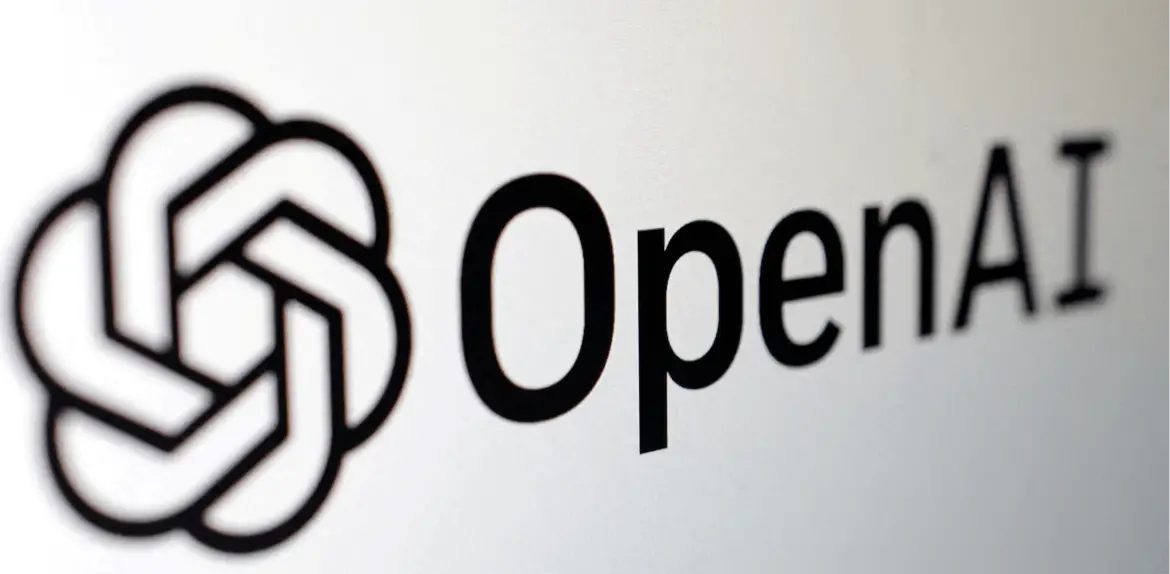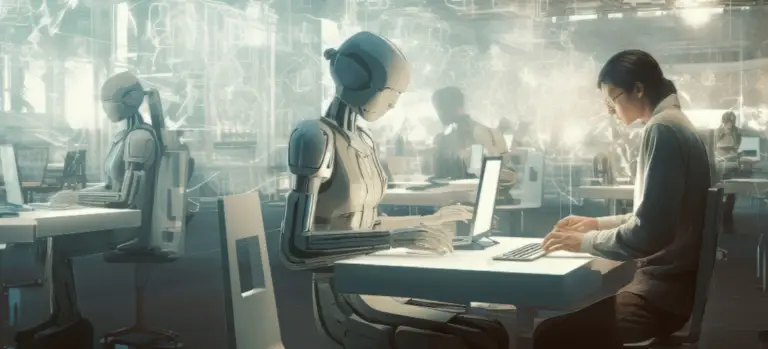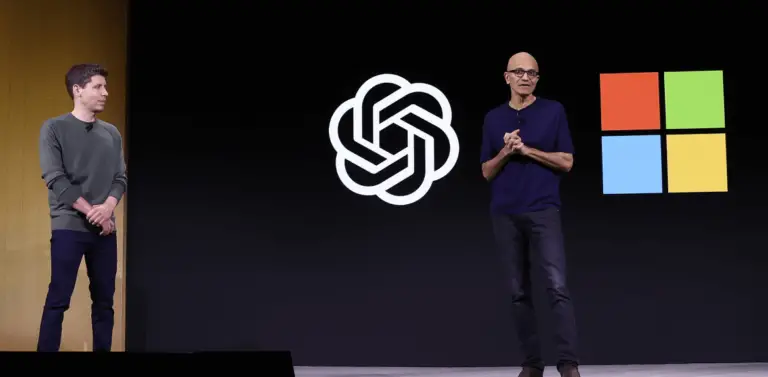
OpenAI Unveils A.I. Technology Capable of Replicate Human Voices
First, OpenAI provided a tool that let users describe what they wanted to see, and it would create digital images for them. Subsequently, it developed a comparable technology that produced a full-motion video akin to that of a Hollywood production. It has now been revealed that technology is capable of voice replication.
The well-known artificial intelligence start-up revealed on Friday that a limited number of companies were testing Voice Engine, a new OpenAI system that can mimic a person’s voice from a 15-second recording. It can read a paragraph of text in your voice or with a synthetic voice if you upload a recording of yourself.
The text does not need to be in your mother tongue. For instance, it can mimic your voice in Spanish, French, Chinese, and a variety of other languages if you speak English.
Since OpenAI is still learning about the technology’s possible risks, it is not disseminating it more extensively. Similar to generators of images and videos, voice generators could aid in the dissemination of false information on social media. Additionally, it might make it possible for criminals to pose as someone on the phone or online.
The business expressed particular concern about the possibility that this type of technology could compromise voice authenticators, which regulate access to online banking accounts and other private apps.
“This is a sensitive thing, and it is important to get it right,” In an interview, Jeff Harris, a product manager for OpenAI, stated.
The business is investigating methods of watermarking artificial voices or implementing security measures to stop users from utilising the technology to mimic the voices of public officials or other notable individuals.
OpenAI used a similar strategy when introducing Sora, its video generator, last month. It did not make the technology publicly available, but it did demonstrate it.
Several businesses, including OpenAI, have created a new class of artificial intelligence (A.I.) technology that can produce synthetic voices quickly and simply. They comprise start-ups like Eleven Labs, based in New York, and tech giants like Google.
Businesses can use these technologies to create audio books, give voice to online chatbots, or even create an automated DJ for radio stations. Since the previous year, ChatGPT has been able to speak thanks to OpenAI’s technology. Additionally, it has long provided companies with a variety of voices for use in related applications. Voice actors provided the clips used to construct each one.
However, unlike Voice Engine, the company has not yet made available to the general public a tool that would enable people and organisations to replicate voices from a brief clip. The technology is dangerous, according to Mr. Harris, because it can recreate any voice in this way. According to him, the technology might be especially risky during an election year.
In January, robocalls discouraged residents of New Hampshire from voting in the state primary. The robocalls likely mimicked the voice of President Biden. Later, the Federal Communications Commission made these calls illegal.
According to Mr. Harris, OpenAI has no immediate plans to monetize the technology. He claimed that those who have lost their voices due to disease or trauma may find the tool especially helpful.
He demonstrated how brain cancer had harmed a woman’s voice and how technology had helped to restore it. He proceeded to play a short clip of a presentation she had given in high school before allowing her to speak.


